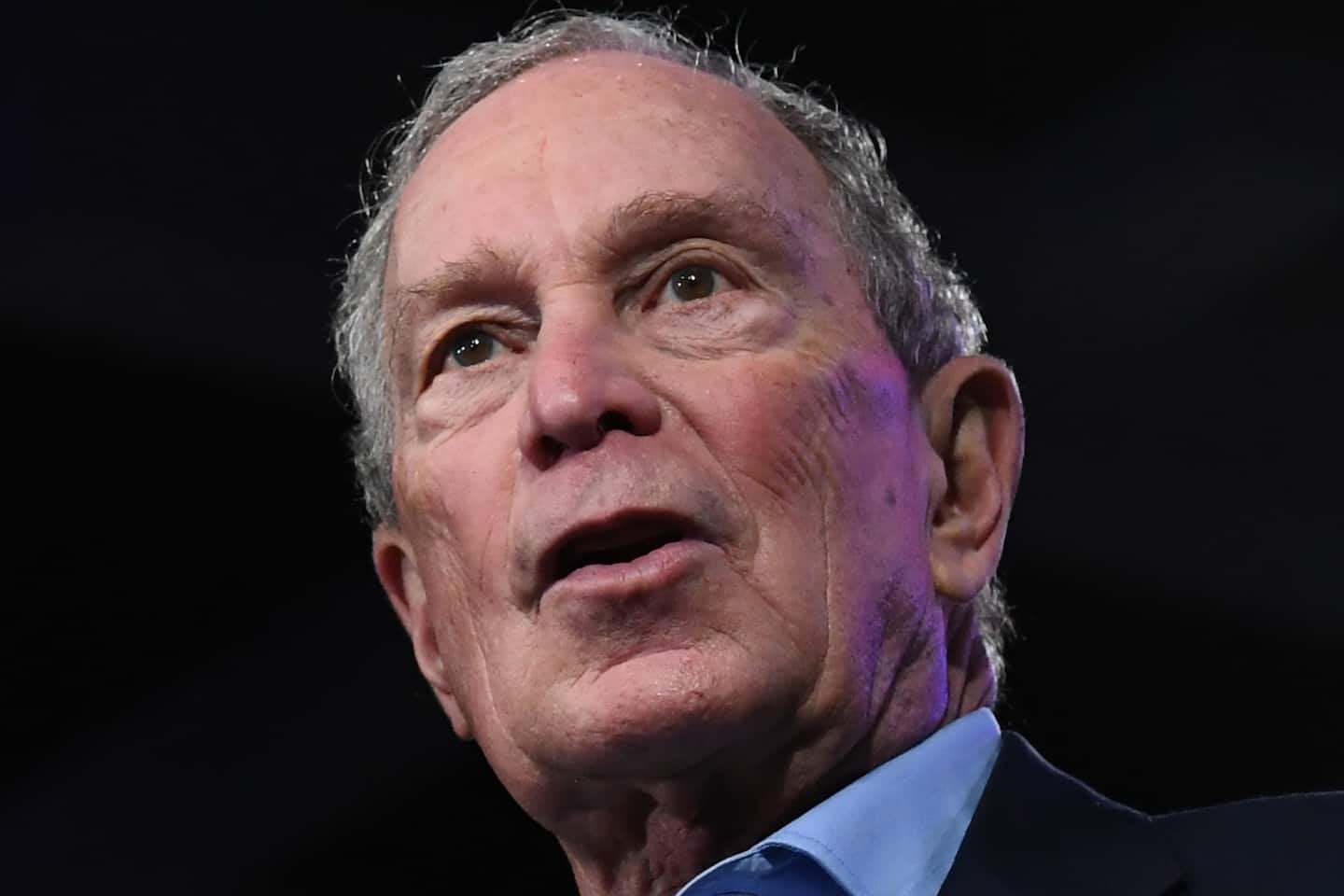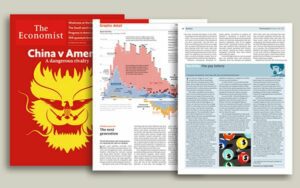

Bloomberg pumps big money into low-profile state races to boost climate policies
“We are looking at races that would have an impact on utilities and getting states to 100 percent clean economies,” said Brynne Craig, the campaign manager for the Bloomberg-backed Beyond Carbon. “Mike has believed that we need federal action but that we also need state action, and you can’t have one without the other.”
Beyond Carbon has injected $2.5 million into the campaign of Democrat Chrysta Castañeda for a spot on the three-member Texas Railroad Commission, an influential agency that regulates oil and gas pipelines, monitors state water quality, oversees the closing of abandoned wells, and controls the Texas oil and gas industry’s emissions methane, a power greenhouse gas.
The commission also can order oil and gas companies to shut down wells across the board to prop up prices — much the way the Organization of the Petroleum Exporting Countries wields power. It hasn’t exercised that authority in 50 years, but many oil companies asked it to act when markets crashed in March as a result of the coronavirus pandemic. .
The race pits Castañeda, a Dallas lawyer and engineer who would be the first Democrat to serve on the commission since 1994, against Republican Jim Wright, who owns an oil field services firm. Wright upset the incumbent Ryan Sitton in the GOP primary.
In the past month, the competition has heated up. Including the Bloomberg contribution, Castañeda raised $3.7 million from Sept. 25 through Oct. 26, nearly 10 times what she raised earlier this year. She also drew large amounts of money from environmental philanthropists Richard and Dee Lawrence and the Sierra Club’s political action committee.
Castañeda has emphasized the need to control methane leaks and flaring — the burning of natural gas when oil drillers don’t have the infrastructure for capturing that gas. Texas’s Permian Basin has large amounts of flaring and methane leaks. She also wants to reclaim abandoned land once used for fracking. “She will be a champion for these issues,” said Craig, the Beyond Carbon executive.
Wright, by contrast, said in an interview that he doesn’t want to do anything to harm the growth of the state’s oil and gas industry. On climate change, Wright said, “I’m not saying that flaring doesn’t contribute to it, but it’s not the single source that causes our climate change. Some are man-induced and some the simple result that the world evolves.”
The overwhelming consensus in the scientific community is that the rapid warming that is taking place now around the globe is driven by the burning of fossil fuels and the release of methane.
When it comes to the surge in campaign contributions to Castañeda, Wright said, “Texas is not for sale to radical environmentalists and billionaires from New York and California who want to hurt the nation’s economy and move our energy production overseas.”
In 2018, Arizona’s utility and California businessman and climate activist Tom Steyer spent about $55 million fighting one another over solar power use. The state’s largest utility, Arizona Public Service, fought against the pro-solar Steyer last time; this year it is not taking sides — though it is seeking a large rate hike.
“The Corporation Commission is one of the most powerful state utility regulators in the country, because it’s one of the few such bodies that are mandated by the state’s Constitution, rather than by legislation,” David Pomerantz, the executive director of the Energy and Policy Institute, said in an email. “It has great authority over what sources of energy utilities use to generate electricity, in addition to the usual, and very important, authority that most utility regulators have to determine the rates and bills that customers pay and the profit margins for investor-owned utilities.”
“We need to tackle the issue of this climate crisis,” Tovar told the Associated Press. “And if we don’t tackle it, we’re going to be left spending a lot more money in emergencies … whether it’s fires, floods. If we don’t address this now, when will it get better? It won’t until we address it.”
Additional money is flowing into the Arizona Corporation Commission race from the League of Conservation Voters through its affiliate Chispa Arizona. “We’ve been really working hard to educate Latino voters to understand the impact this governing board has in their lives,” said Gloria Montaño Greene, political director of Chispa Arizona’s political action committee.
Bloomberg’s Beyond Carbon fund is also pouring $8.5 million into the campaign of Yvonne Lewis Holley, a Democratic state lawmaker who seeks to become North Carolina’s lieutenant governor. If she wins her race against Republican Mark Robinson, Holley would serve as president of the state Senate and chair of the North Carolina’s Energy Policy Council, and could determine the fate of critical legislation. In the case of deadlock in the state Senate, she would cast the deciding vote.






